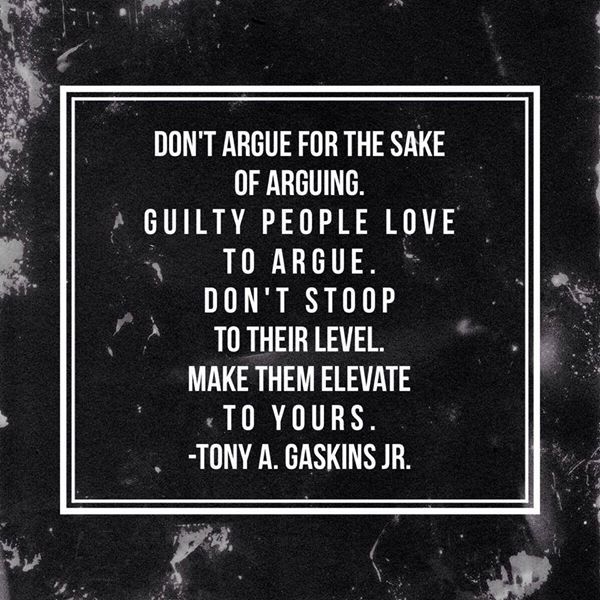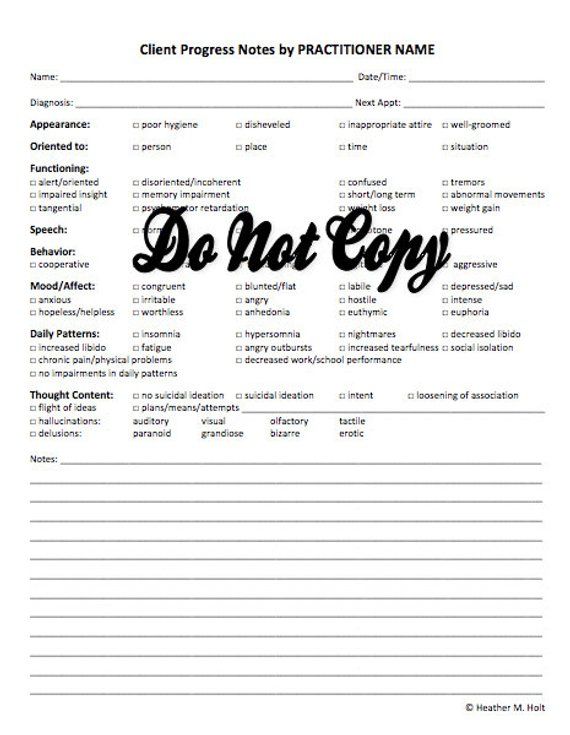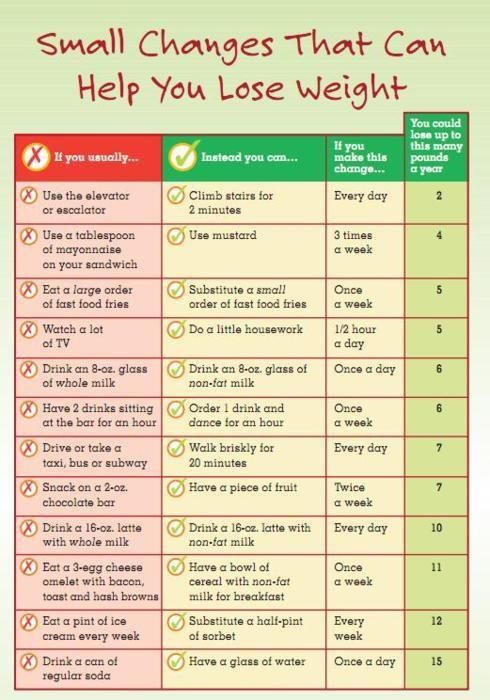How to naturally increase energy
9 tips to boost your energy — naturally
Go to the store, and you'll see a multitude of vitamins, herbs, and other supplements touted as energy boosters. Some are even added to soft drinks and other foods. But there's little or no scientific evidence that energy boosters like ginseng, guarana, and chromium picolinate actually work. Thankfully, there are things you can do to enhance your own natural energy levels. Here are nine tips:
1. Control stress
Stress-induced emotions consume huge amounts of energy. Talking with a friend or relative, joining a support group, or seeing a psychotherapist can all help diffuse stress. Relaxation therapies like meditation, self-hypnosis, yoga, and tai chi are also effective tools for reducing stress.
2. Lighten your load
One of the main reasons for fatigue is overwork. Overwork can include professional, family, and social obligations. Try to streamline your list of "must-do" activities. Set your priorities in terms of the most important tasks. Pare down those that are less important. Consider asking for extra help at work, if necessary.
3. Exercise
Exercise almost guarantees that you'll sleep more soundly. It also gives your cells more energy to burn and circulates oxygen. And exercising can lead to higher brain dopamine levels, which helps elevate mood. When walking, pick up the pace periodically to get extra health benefits.
4. Avoid smoking
You know smoking threatens your health. But you may not know that smoking actually siphons off your energy by causing insomnia. The nicotine in tobacco is a stimulant, so it speeds the heart rate, raises blood pressure, and stimulates brain-wave activity associated with wakefulness, making it harder to fall asleep. And once you do fall asleep, its addictive power can kick in and awaken you with cravings.
5. Restrict your sleep
If you think you may be sleep-deprived, try getting less sleep. This advice may sound odd but determining how much sleep you actually need can reduce the time you spend in bed not sleeping. This process makes it easier to fall asleep and promotes more restful sleep in the long run. Here's how to do it:
This advice may sound odd but determining how much sleep you actually need can reduce the time you spend in bed not sleeping. This process makes it easier to fall asleep and promotes more restful sleep in the long run. Here's how to do it:
- Avoid napping during the day.
- The first night, go to bed later than normal and get just four hours of sleep.
- If you feel that you slept well during that four-hour period, add another 15–30 minutes of sleep the next night.
- As long as you're sleeping soundly the entire time you're in bed, slowly keep adding sleep on successive nights.
6. Eat for energy
Eating foods with a low glycemic index — whose sugars are absorbed slowly — may help you avoid the lag in energy that typically occurs after eating quickly absorbed sugars or refined starches. Foods with a low glycemic index include whole grains, high-fiber vegetables, nuts, and healthy oils such as olive oil. In general, high-carbohydrate foods have the highest glycemic indexes.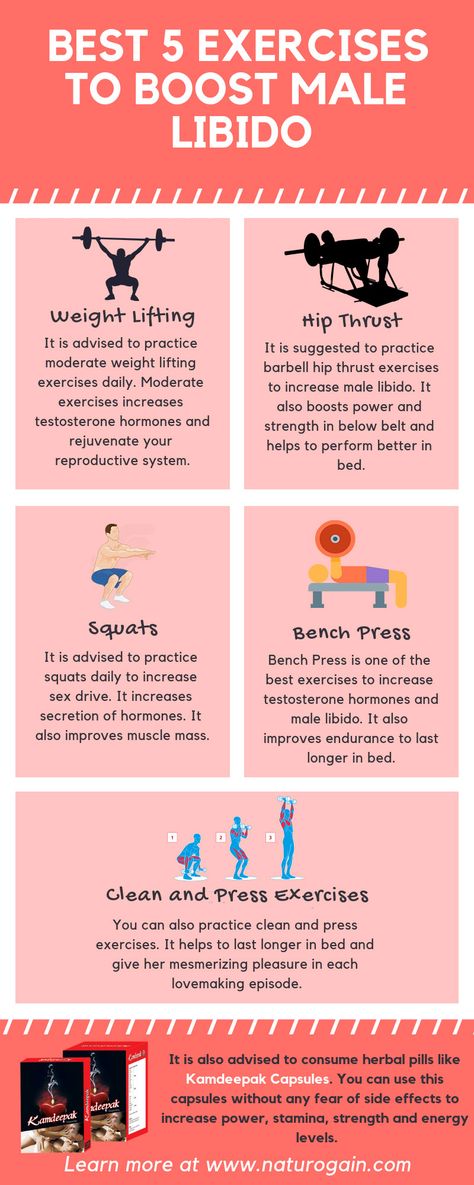 Proteins and fats have glycemic indexes that are close to zero.
Proteins and fats have glycemic indexes that are close to zero.
7. Use caffeine to your advantage
Caffeine does help increase alertness, so having a cup of coffee can help sharpen your mind. But to get the energizing effects of caffeine, you have to use it judiciously. It can cause insomnia, especially when consumed in large amounts or after 2 p.m.
8. Limit alcohol
One of the best hedges against the midafternoon slump is to avoid drinking alcohol at lunch. The sedative effect of alcohol is especially strong at midday. Similarly, avoid a five o'clock cocktail if you want to have energy in the evening. If you're going to drink, do so in moderation at a time when you don't mind having your energy wind down.
9. Drink water
What's the only nutrient that has been shown to enhance performance for all but the most demanding endurance activities? It's not some pricey sports drink. It's water. If your body is short of fluids, one of the first signs is a feeling of fatigue.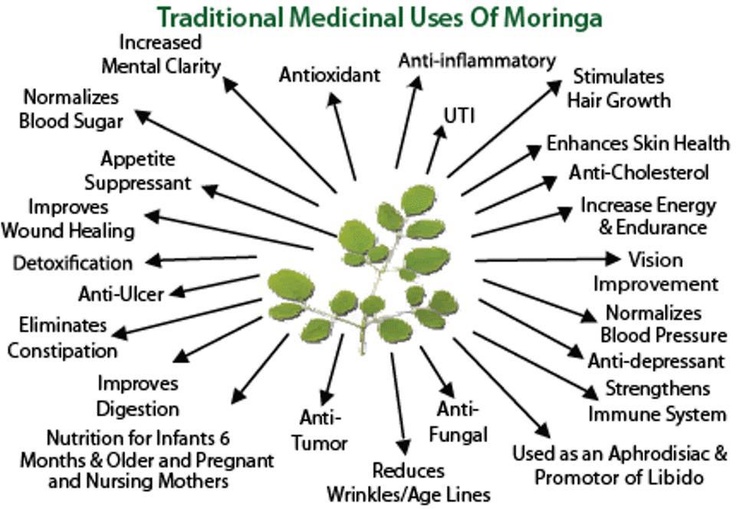
For more information on the many things you can do to increase your natural energy, order our Special Health Report, Boosting Your Energy.
Image: ©Gilaxia | GettyImages
Top 10 Ways to Boost Your Energy
Experts offer some fatigue-zapping tips that really work.
Written by Colette Bouchez
Everyone is familiar with all-out energy drain -- that exhausted day (or night) when no matter how enticing that new movie, fabulous shoe sale, or friendly barbecue, we just can't psych ourselves up to go.
What can be harder to recognize is a low-grade energy drain. In this case, you may not necessarily feel the classic signs of exhaustion -- like achy muscles or that all-over tired feeling. What you do experience is an increasing lack of get-up-and-go for many of the activities you used to love.
"You may also find it harder to concentrate on tasks, and, eventually, you can also find your patience grows short and your level of frustration rises, even when confronted with seemingly simple challenges," says New York University nutritionist Samantha Heller, MS, RD.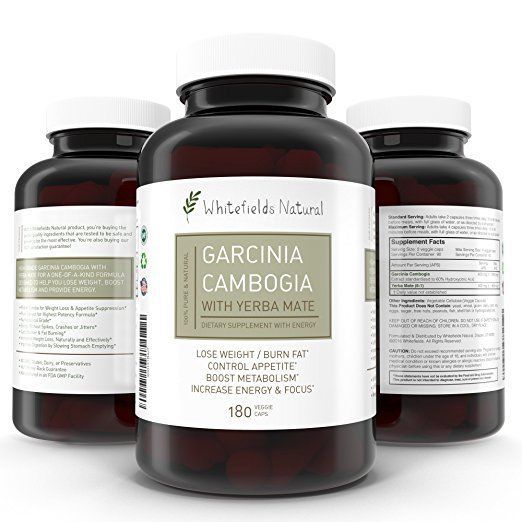
If this is starting to sound familiar, take heart. Energy zappers are all around us, some obvious, some hidden. The good news: There is a way around almost all of them.
To this end, we asked health experts to help compile this list of the top 10 energy boosters. Try one, two, or all 10, and you're bound to see your energy levels soar.
1. Increase Your Magnesium Intake
Eating a balanced diet can help ensure your vitamin and mineral needs are met. But if you still find yourself too pooped to pop, you could have a slight magnesium deficiency, Heller says.
"This mineral is needed for more than 300 biochemical reactions in the body, including breaking down glucose into energy," Heller says. "So when levels are even a little low, energy can drop."
In a study done at the Department of Agriculture's Human Nutrition Research Center in Grand Forks, ND., women with magnesium deficiencies had higher heart rates and required more oxygen to do physical tasks than they did after their magnesium levels were restored.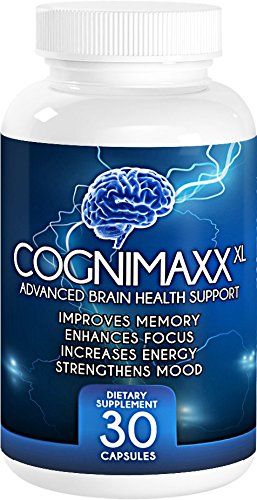 In essence, their bodies were working harder which, over time, says Heller, can leave you feeling depleted.
In essence, their bodies were working harder which, over time, says Heller, can leave you feeling depleted.
The recommended daily intake of magnesium is around 300 milligrams for women and 350 milligrams for men. To make sure you're getting enough, Heller suggests:
- Add a handful of almonds, hazelnuts, or cashews to your daily diet.
- Eat more whole grains, particularly bran cereal.
- Eat more fish, especially halibut.
2. Walk Around the Block
While it may seem as if moving about when you feel exhausted is the quickest route to feeling more exhausted, the opposite is true. Experts say that increasing physical activity -- particularly walking -- increases energy.
"I like walking because it's accessible, easy to do, doesn't need training or equipment, and you can do it anywhere," says Rita Redberg, MD, science adviser to the American Heart Association's "Choose To Move" program.
In experiments done by Robert Thayer, PhD, at California State University, a brisk 10-minute walk not only increased energy, but the effects lasted up to 2 hours.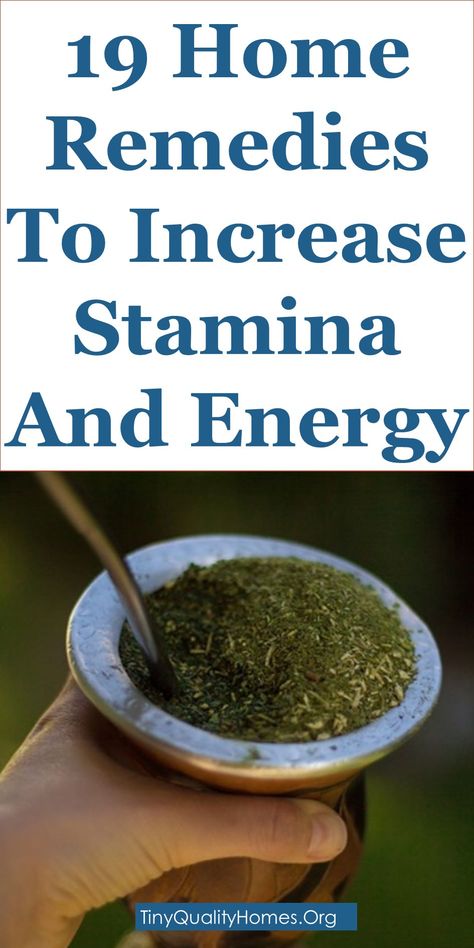 And when the daily 10-minute walks continued for 3 weeks, overall energy levels and mood were lifted.
And when the daily 10-minute walks continued for 3 weeks, overall energy levels and mood were lifted.
3. Take a Power Nap
Research has shown that both information overload and pushing our brains too hard can zap energy. But studies by the National Institutes of Mental Health found that a 60-minute "power nap" can not only reverse the mind-numbing effects of information overload, it may also help us to better retain what we have learned.
4. Don't Skip Breakfast -- or Any Other Meal
"Studies show that folks who eat breakfast report being in a better mood, and have more energy throughout the day," says Heller.
Her personal theory, she says, is that breaking the fast soon after rising supplies your body with a jolt of fuel that sets the tone for the whole day.
And studies published in the journal Nutritional Health found that missing any meal during the day led to an overall greater feeling of fatigue by day's end.
5. Reduce Stress and Deal With Anger
One of the biggest energy zappers is stress, says psychologist Paul Baard, PhD.
"Stress is the result of anxiety, and anxiety uses up a whole lot of our energy," says Baard, a sports psychologist at Fordham University in the Bronx, NY.
Like worry or fear, Baard says, stress can leave you mentally and physically exhausted -- even if you've spent the day in bed. More commonly, he says, low but chronic levels of stress erode energy levels, so over time, you find yourself doing less and feeling it more.
In much the same way, unexpressed anger can give a one-two punch to your energy level. The reason: "We're expending all our energy trying to contain our angry feelings, and that can be exhausting," Baard tells WebMD.
The good news, says Baard, is that we can counter these energy killers by programming more relaxation activities into our day. While for many folks, increasing exercise burns off the chemical effects of stress and anger, others find relief in quiet pursuits: listening to music, reading a steamy romance novel, or even just talking on the phone.
"Whatever is relaxing for you will reduce tension, and that will help increase energy," says Baard.
6. Drink More Water and Less Alcohol
You may already know that it's easy to confuse signals of hunger with thirst (we think we need food when we really need water). But did you know that thirst can also masquerade as fatigue?
"Sometimes, even slight dehydration can leave you feeling tired and lethargic," says nutritionist Keith Ayoob, EdD, RD, an associate professor at the Albert Einstein School of Medicine in New York and author of The Uncle Sam Diet.
The solution is simple: a tall, cool glass of water. This is particularly important to boost energy after exercise, when your body is likely to be craving fluids, Ayoob says. Conversely, Heller says, if you find yourself frequently fatigued even after a good night's sleep, try cutting down on alcohol during the evening hours.
'While alcohol initially helps you fall asleep, it also interferes with deep sleep, so you're not getting the rest you think you are -- even if you sleep a full 8 hours," she says.
By cutting down on alcohol before bedtime, you'll get a better night's rest, which is bound to result in more energy the next day.
7. Eat More Whole Grains and Less Sugar
The key here is keeping blood sugar balanced so energy is constant.
"When you're eating a sweet food, you get a spike in blood sugar, which gives you an initial burst of energy," Heller says. "But that's followed by a rapid drop in blood sugar, which in turn can leave you feeling very wiped out."
Do that enough times a day, she says, and by evening you're feeling exhausted.
"But, if you eat a lot of whole grains, which provide a slow and steady release of fuel, your energy will be consistent and balanced, so by day's end you'll feel less tired," says Heller.
Indeed, a study published recently in the American Journal of Clinical Nutrition found that eating more whole grains helped increase the body's sensitivity to insulin, allowing for that slow and steady release.
8. Have a Power Snack
Power snacking is more than just eating between meals, Ayoob says. He suggests a treat that combines protein, a little fat, and some fiber -- like peanut butter on a whole-wheat cracker, or some yogurt with a handful of nuts.
"The carbs offer a quick pick-me-up, the protein keeps your energy up, and the fat makes the energy last," he tells WebMD.
9. Make It a Latte
Pair a quick caffeine hit with the sustaining power of protein by having a low-fat latte instead of just a cup of coffee, advises Ayoob.
"All that milk turns your java into a protein drink, which provides not only extra energy, but extra calcium, which is good for your bones," he tells WebMD. Combine it with an ounce of almonds, he says, and the healthy fat will really tide you over -- while making you feel you're spoiling yourself silly!
10. Check Your Thyroid Function and Complete Blood Cell Count
It certainly won't provide an instant boost. But if you're constantly low on energy -- especially if you feel sluggish even after a good night's rest -- Heller says you should talk to your doctor about a blood test for thyroid dysfunction as well as anemia.
But if you're constantly low on energy -- especially if you feel sluggish even after a good night's rest -- Heller says you should talk to your doctor about a blood test for thyroid dysfunction as well as anemia.
"Thyroid can be a particular problem for women -- it often develops after childbirth and frequently during the perimenopause -- but a simple blood test can verify if this is your problem," says Heller. If you're diagnosed with low thyroid function, medication can bring your body back up to speed.
In anemia, says Heller, a reduction in red blood cells can mean your body isn't getting the level of oxygen necessary to sustain energy. So, you tire easily.
"This can sometimes occur during a woman's reproductive years, particularly if she has a very heavy menstrual cycle," says Heller.
How to increase the body's energy supply in a natural way and start to lead a more active life?
How can I increase my body's energy supply naturally and lead a more active life?
If you are reluctant to get out of bed in the morning and prefer to spend the weekend at home, then it's time for you to take action to increase your supply of vital energy.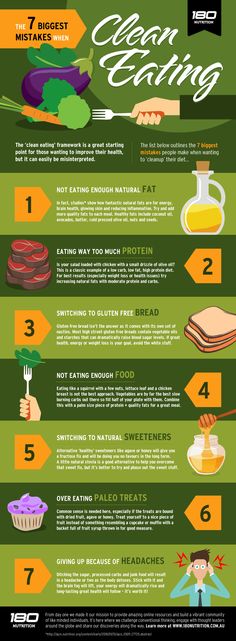 Chronic fatigue syndrome is a real scourge of our time. It is not selective and can hit anyone: manual and mental workers, women and men, adults and children, residents of villages and megacities.
Chronic fatigue syndrome is a real scourge of our time. It is not selective and can hit anyone: manual and mental workers, women and men, adults and children, residents of villages and megacities.
But you shouldn't give up and fall tiredly on the sofa, because you can increase vital energy in a natural way. The road will be mastered by the walking one, and you just need to start following 4 simple rules.
1. Eat right
"We are what we eat." Eliminate food that “takes away” energy from the menu: convenience foods, chips, sausages. Avoid sweets. They consist of simple carbohydrates (sugars) that are quickly digested and lead to a jump in blood glucose: it rises rapidly and falls just as rapidly. As a result, we feel a sharp surge of strength, and after a short time - a sharp decline. And we go for the second portion of junk food, which leads to an increase in the production of insulin in the body and, as a result, diabetes and obesity.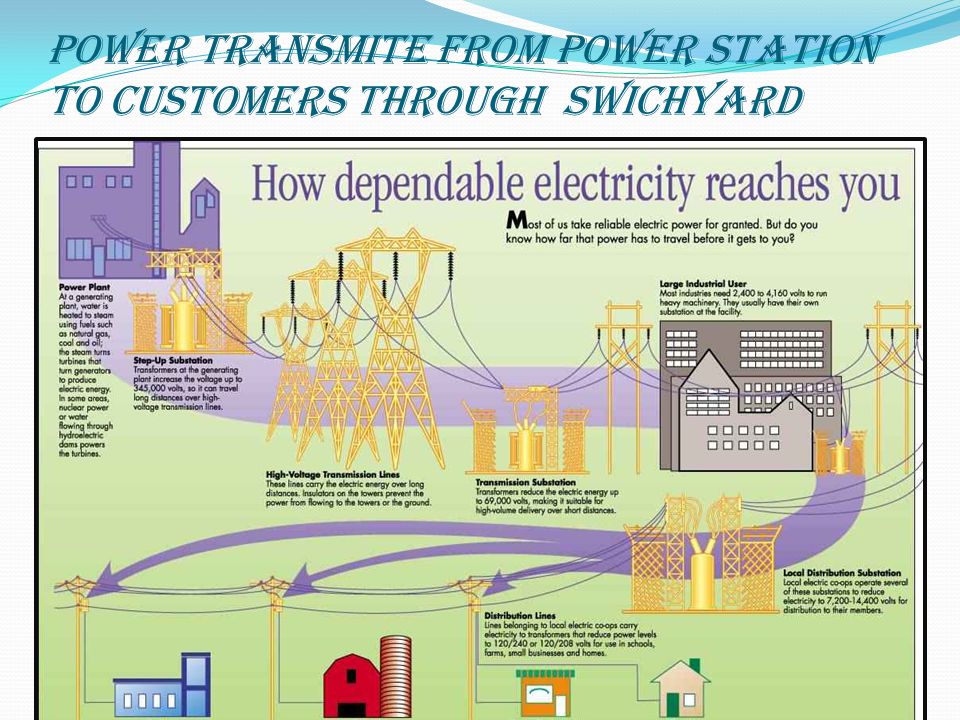
Start eating more energy-dense foods. Useful foods that increase energy include:
- whole grains;
- vegetables and fruits;
- walnuts;
- almonds.
Remember to eat protein, fiber, fats and drink enough plain water. And remember that food should be varied and frequent: 5 to 6 times a day.
2. Move more
"Movement is life." Lead an active lifestyle. If you have a sedentary job, go to the gym. No opportunity? Do a warm-up at home or right in the office. For example, intensively walk around the room, squat, jump - any, even light physical exercises increase energy and charge with positive.
3. Get enough sleep and rest
Sound, uninterrupted sleep is a prerequisite for increasing energy levels. When a person sleeps, his body is cleansed and restored. During the slow phase of sleep, an immunological memory is formed, without which there can be no talk of full protection against viruses and bacteria.
Attention! Social networks, online movies, computer games and surfing the Internet are the worst enemies of sleep. Try to replace such evening entertainment with reading books, socializing or walking. This will help you relax and tune in to rest.
Learn to relax in any conditions. Good relaxation helps to accumulate free energy. Unfortunately, today life and stress are inseparable. We do almost everything in a state of tension - we work, watch movies, move around and even lie down. A tense body constantly sends danger signals to the brain, and the body is constantly preparing to switch to emergency preparedness mode, which requires a tremendous expenditure of energy. It is hardly possible to create, invent and feel good in such a state.
The only way out of a stressful state is conscious, regular relaxation.
Tip! Have you noticed that all the muscles are tense for no reason? Calm down, catch your breath and think positive. If it doesn't help, take a break: listen to your favorite music, go for a massage.
4. Avoid multitasking
A catastrophic amount of energy is spent on multitasking when a person performs several things at the same time. Try to avoid such situations. Review the organization of your work activities and start planning your daily routine from the evening in order to distribute tasks in advance and not grab everything at once. In a word, do things in turn and do not proceed to the next one without finishing the previous one.
Disclaimer
Please note that all information posted on the site Prowellness is provided for informational purposes only and is not a personal program, a direct recommendation for action, or medical advice. Do not use these materials for diagnosis, treatment, or any medical procedure. Consult your physician before using any technique or using any product. This site is not a specialized medical portal and does not replace the professional advice of a specialist.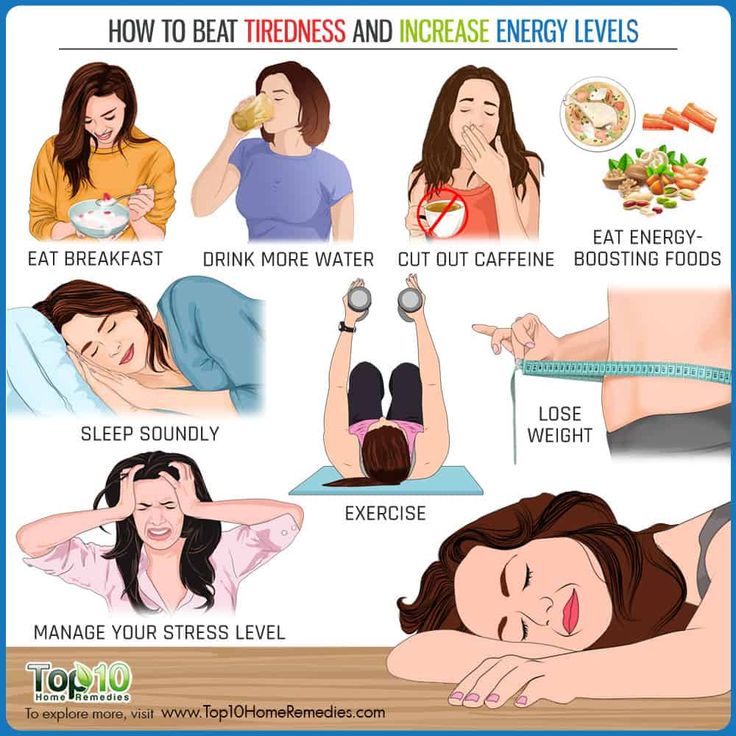 The Site Owner is not liable to any party who has suffered indirect or direct damage as a result of misuse of materials posted on this resource.
The Site Owner is not liable to any party who has suffered indirect or direct damage as a result of misuse of materials posted on this resource.
Expert: Evgeniya Bulakh Expert in the field of motherhood, health and proper nutrition
Reviewer: Ekaterina Vorobieva Adept of a healthy and active lifestyle
How to manage assets and liabilities of vital energy - SKB Kontur
Make friends with an energy manager
Why one person radiates joy, is full of energy, and the other can barely move his legs? Where do the strengths and desires of the first come from? Sometimes it seems that everyone has their own flask with energy. If you take care of it and do not spend it on such trifles as getting to work in public transport or talking with unpleasant people, then there will be enough strength for literally everything!
But scientists have a different opinion. The energy bank is our own brain. It is he who releases substances due to which we feel a surge of strength - relaxing, relieving anxiety and filling the heart with warmth or raising a wave of delight and self-confidence inside.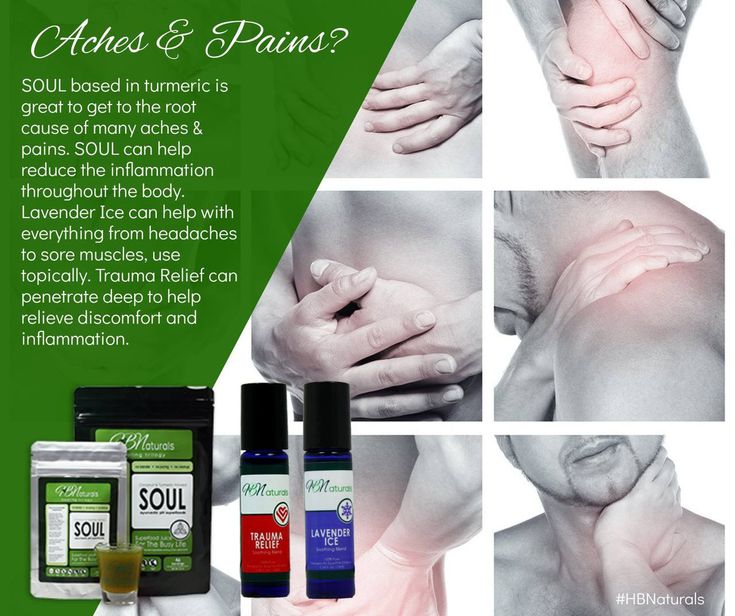
Brain impulses gently massage the receptors, flooding the whole body with pleasure, metabolic processes are intensified, cells are renewed, electrical discharges run along the nerve pathways. This is real happiness! To understand why the brain does this, you need to remember that modern man was formed as a result of natural selection. For millions of years, evolution has been rejecting unsuccessful behaviors, leaving only the best.
The brain works in a highly refined way: it encourages behaviors that make the body stronger and more viable by releasing “pleasure substances.” And in case of harmful and dangerous deeds, it blocks the flow of energy so that wrong behavior is not fixed. Therefore, we begin to feel worse when we spend a lot of energy without rest or force ourselves to do unpleasant things for a long time. We are trained by our own brain - funny. He is neither good nor evil, he simply encourages the development of inner strength and prevents us from exhausting ourselves, and this is a reason to thank him.
But how does the brain determine which behavior is good and which is bad? He learns this all his life, although the foundation is laid in childhood - by mom and dad, fairy tales and cartoons, films and news that the child watches on TV. But mental settings can be changed in adulthood: to eliminate internal conflicts, adjust the evaluation system and thereby open the way to even greater happiness. At the same time, the main thing will not change: the brain will still reward us with portions of energy for actions that help build strength.
An interesting conclusion follows from this: energy cannot be saved or accumulated. It is secreted like mother's milk. If a portion of energy is spent meaningfully in an active exchange with the world, the brain releases a new one more, since the body is on the right track. This means that in matters of internal energy one should neither be greedy nor save: lie on the couch for a long time, work or study little. In this case, there will be less and less energy.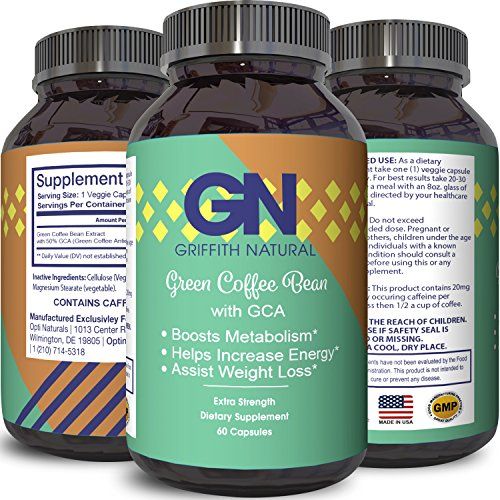 If you feel drained, stop and figure out what's going wrong!
If you feel drained, stop and figure out what's going wrong!
Of course, sometimes idleness is necessary, but in very small amounts, just to relax a little. It is better when rest is not a passive cessation of work, but an active switch to another activity, which will also provide a surge of energy. Both doctors and psychologists talk about this.
Balance your life regularly
Tension and relaxation
Yes, assets and liabilities should converge not only in accounting, but also in life! To be energetic and content with life, you need to maintain a balance. You can’t work all the time, but it’s also harmful to rest all the time. You can’t pump muscles in the gym all day, but even without physical exertion, the body weakens.
If we remain “under stress” for too long, natural defenses turn on, and the body throws us into the opposite phase, for example, an illness begins. Long-term processing and emotional overload sometimes end in panic attacks, malfunctions in the nervous system and other troubles.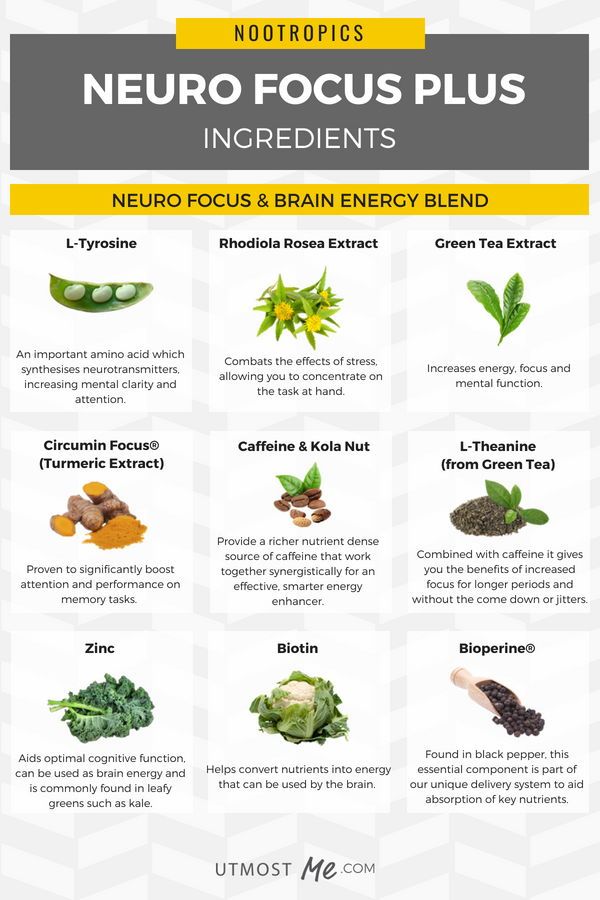
You don't need special tools or standards to figure out what level of workload is best for you. You yourself feel great when you have overloaded or underloaded yourself. Although, of course, in modern life the issue of overvoltage is much more acute. However, a healthy body quickly registers an overload and resists with all its might to the depletion of the safety margin. Laziness, lethargy, irritability turn on, cravings for sweets.
In this state, it is best to change the environment, take a walk, get emotional support. But let's be honest, you rarely get that luxury. More often you have to grit your teeth and, after a short pause, plunge back into work.
Then listen carefully to yourself and try to understand: what could support you right now? What will help create a small flow of energy to feed on it? It happens that all fatigue at the end of the working day is taken away as if by magic when a nice colleague enters the department. Or, for example, a smile appears on the face after a cup of tea with marshmallows.
Obligations and pleasures
To have a good supply of energy, you also have to maintain a balance between pleasure and usefulness. Rare lucky people get joy from the fulfillment of obligations. There is usually a gap between pleasant and useful things. And the larger it is, the deeper the suffering. We either force ourselves to do something unpleasant and experience stress and a decrease in energy, then we stop torturing ourselves and indulge in all serious things.
How can these "opposites" be reconciled? Psychologists recommend understanding one important thing. Pleasures give us energy right now, and we feel great about it, while useful things provide us with energy in the future. Not immediately, but later, when we receive a salary, or a diploma, or a beautiful, slender body.
Debt is a delayed pleasure, or at least a stable protection against future suffering. And when you realize this, it becomes easier to fulfill your duties, including labor.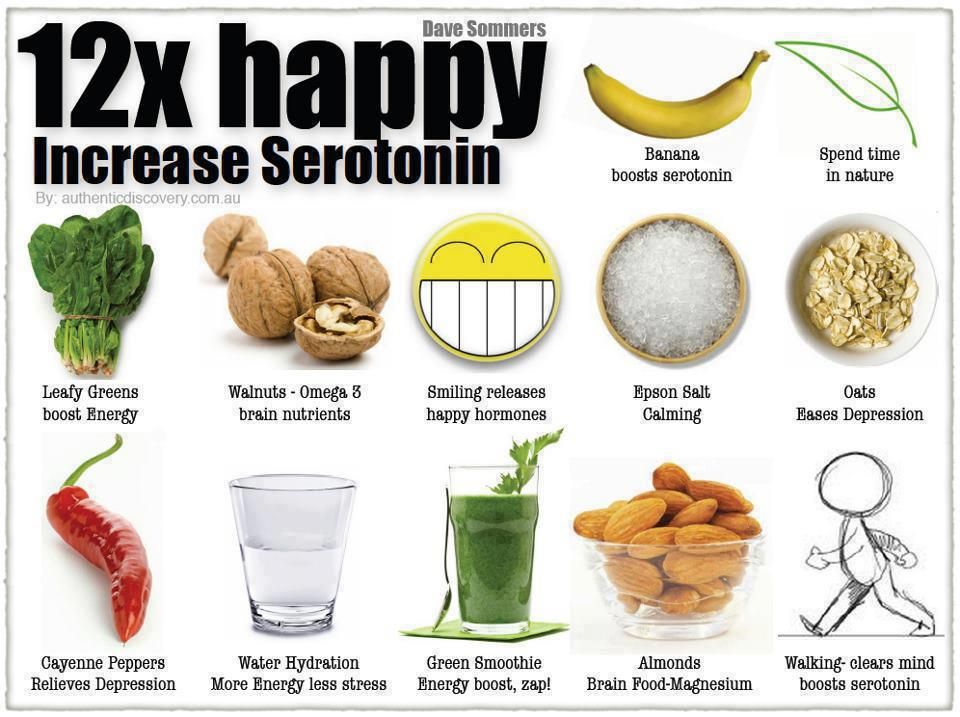 This is important, because work is in the life of almost every one of us. It takes most of the time, requires concentration and immersion.
This is important, because work is in the life of almost every one of us. It takes most of the time, requires concentration and immersion.
If a person is not "driven" by work, he does not receive encouragement from the brain, then the work is very difficult for him. There is a feeling that time is being wasted. "Moral costs" are not even covered by the salary. There is no strength left for professional growth. You need to change your attitude to your work so that it brings energy: find interesting moments in it, imbue it with its importance and meaning. You can slightly change the environment at the workplace or change jobs to more inspiring ones.
Diana Moiseeva,
psychologist, process therapist
Refuel on time!
Any system, and “rest-work” is also a system, exists only as long as there is a balance between the effort expended and the joys received. Rest should not be just a "pause" in work, and work should not burn all the internal "gasoline".
Rest means self-healing, and no one knows better than you what fills and supports you. Universal recipes do not work here. Someone restores strength by cleaning up at home, and someone from this activity is exhausted more than in a week of emergency work at work.
If you feel a breakdown, burnout, listen carefully to yourself: what can give you “refueling” right now and strength to move on? The balance is often kept on trifles: a favorite cup on the desktop, warm house slippers, a minute of good communication with colleagues or at home. A song heard on the radio in time, monetary motivation, or a scarf that was successfully bought can support.
Change life for the better
Life should have several mastered areas, each of which can become a real support. Work, family, love, study, sports, hobbies - all this can support and inspire. And if stagnation or conflict occurs in one of these areas, there is no need to plunge headlong into the problem, exhausted and tormented. Engage in strengthening your strengths: switch part of your attention to other things and accumulate energy in them. Then it will be much easier to put things in order in the problem area.
Engage in strengthening your strengths: switch part of your attention to other things and accumulate energy in them. Then it will be much easier to put things in order in the problem area.
But what if there are few supports in life? Work does not make you happy, relationships make you sad, sports are abandoned... And it seems that there is nowhere to recharge. Can you increase your energy reserves by rearranging your life? Psychologists answer: “You can! Just carefully and gradually." First of all, you need to understand that there is joy from some business and a desire to do it when it has already been successfully mastered. I want to run to where you run regularly and get pleasure there, seized with excitement and delight. If there is no such place, it should be created step by step with tenderness for yourself.
Decided to go for yoga or Pilates? Do not load yourself at the very first workout, do just as much as you need to feel a little tired. Buy a nice tracksuit to make exercising more enjoyable, treat yourself to healthy shakes after your workout. Want to brush up on your English for your summer trip? Lessons of 20 minutes will be more useful than an hour and a half marathon, which will discourage learning.
Want to brush up on your English for your summer trip? Lessons of 20 minutes will be more useful than an hour and a half marathon, which will discourage learning.
Begin by persuading yourself and pressing the lever of will only a little. It is easier to get involved in something if you find meaning and at least some pleasure in it. And if you allow yourself to be creative, then a whole stream of energy can open up. And this applies to any things - both new and familiar. So over time, interesting activities appear, useful habits are brought up, which then become loved and begin to bring pleasure.
Aliya Kovalenko ,
psychologist, art therapist,
Life meaning and creativity
Three concepts are important for the development of internal energy.
Balance is the natural state of a person. To preserve it in the body, there are many systems, and the balance between tension and relaxation is the most important principle of maintaining internal energy.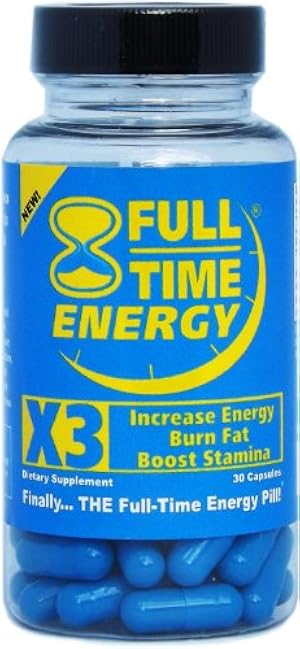
Another natural state is a healthy level of vital energy. It can be maintained through the development of the creative "I". And for this it is not necessary to be able to sing, draw or have a creative profession. Creativity is a special way of life when we allow ourselves to realize spontaneous impulses that are born within us. The main thing is to be able to listen to them.
Even something as simple as making breakfast can be very resourceful and creative. It is not for nothing that in art therapy there are concepts of "healing creativity" and "healing art". Creativity is not necessarily associated with action. Listening to music, reading books, contemplating the paintings of artists or nature can also be healing - everything that can inspire a person.
And the third concept is meaning. It is important to realize the meaning of your life and work. When a person understands this, he rarely encounters the problem of emotional burnout, even with a busy schedule and processing. Meaning brings to life the joy of self-realization. And when there is joy, the emotional background will always be positive, no matter what difficulties you have to face along the way. Fill your life with meanings that are important for you!
Meaning brings to life the joy of self-realization. And when there is joy, the emotional background will always be positive, no matter what difficulties you have to face along the way. Fill your life with meanings that are important for you!
Improve your energy flow
In addition to psychological life hacks, there are simple recipes for getting more energy every day. They relate to sleep, food, physical activity and organization of the working day. It is from this that the most healthy lifestyle is formed. At the same time, dietary exploits and runs before work are not required, everything is solved quite simply.
Get yourself a good night's sleep. An open window and thick curtains will help to accumulate energy during the night and get rid of unpleasant dreams. It would be good to sleep on an orthopedic mattress and not less than 7-8 hours. A salt bath before going to bed will calm you down, and an evening walk or a little physical activity a couple of hours before bedtime will help you fall asleep quickly.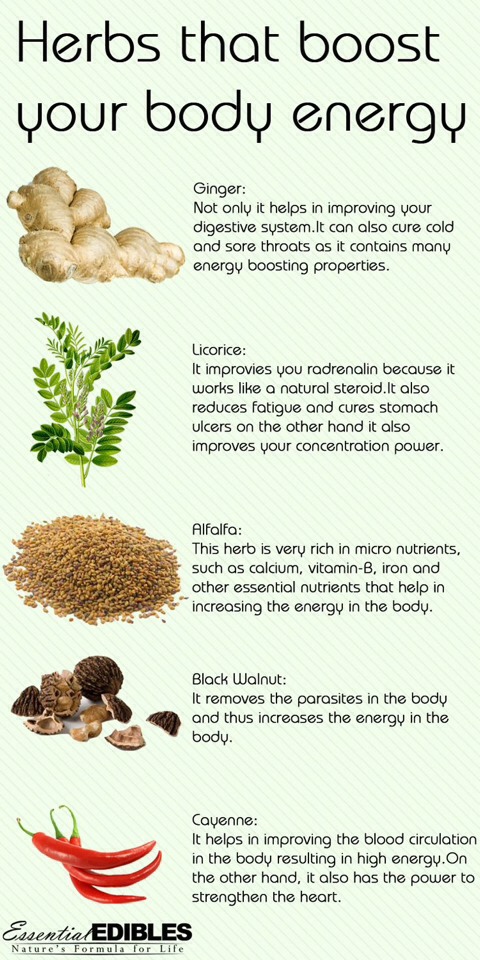
When you wake up, stretch straight in bed: stretch your back, neck, arms and legs with pleasure, tighten your fingers, move them. This is a great exercise, very simple and important for health and vigor. Stretching the muscles even for three minutes noticeably improves mood by increasing the level of serotonin in the blood. Revitalize the body from time to time during the day. Hide from your colleagues and sweetly stretch your tired muscles from a sitting posture, tighten the small muscles of your face, grimacing a couple of times, and you will definitely feel better.
Drink a glass of water as soon as you wake up. In the morning, a person is usually dehydrated, and this increases stress. Prepare a simple healthy breakfast: pour oatmeal with yogurt or kefir, fry a couple of croutons or pancakes, have a banana. Eating healthy helps to keep the chemical balance in the body, which is so important for "recharging" it, and relieves the remorse for eating junk food, which again increases energy, reducing stress.




